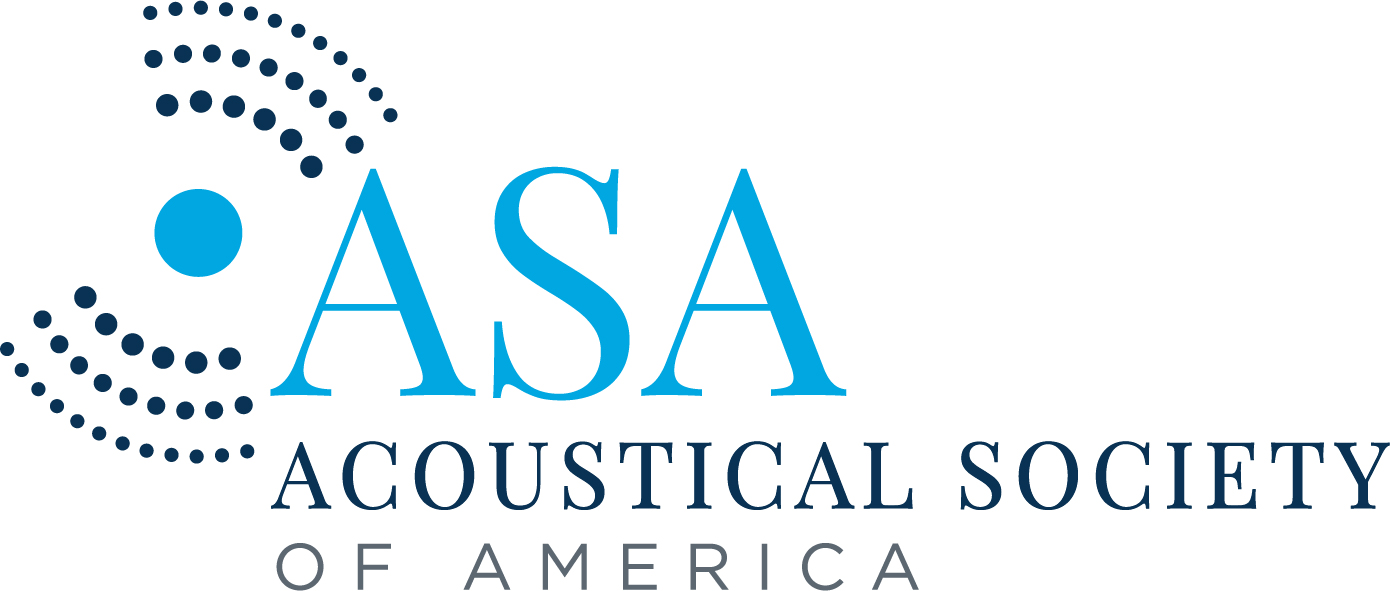New Across Acoustics Episode: Student Paper Competition – Sydney
This episode, we talk to a new round of POMA Student Paper Competition winners from the 185th ASA Meeting in Sydney about their exciting research endeavors:
- An analysis of how drums convey emotion
- A method to assess stress caused by vibration in acoustic black holes
- An improved estimator for background noise in underwater signals
- A model to help remove distortion from the sound fields of parametric array loudspeakers
- A numerical study of a little-understood phenomenon in bowed-string instruments
Like the episode? Read the associated articles:
- Zeyu Huang, Wenyi Song, Xiaojuan Ma, and Andrew Brian Horner. “The emotional characteristics of bass drums, snare drums, and disengaged snare drums with different strokes and dynamics.” Proc. Mtgs. Acoust. 52, 035005 (2023) https://doi.org/10.1121/2.0001834
- Archie Keys and Jordan Cheer. “Experimental measurements of stress in an Acoustic Black Hole using a laser doppler vibrometer.” Proc. Mtgs. Acoust. 52, 065003 (2023) https://doi.org/10.1121/2.0001829
- David Campos Anchieta and John R. Buck. “Robust power spectral density estimation via a performance-weighted blend of order statistics.” Proc. Mtgs. Acoust. 52, 055006 (2023) https://doi.org/10.1121/2.0001849
- Wenyao Ma, Jun Yang, and Yunxi Zhu. “Identification of the parametric array loudspeaker system using differential Volterra filter.” Proc. Mtgs. Acoust. 52, 055005 (2023) https://doi.org/10.1121/2.0001850
- Shodai Tanaka, Hiroshi Kori, and Ayumi Ozawa. “A mathematical study about the sustaining phenomenon of overtone in flageolet harmonics on bowed string instruments.” Proc. Mtgs. Acoust. 52, 035006 (2023) https://doi.org/10.1121/2.0001835
Congrats to our student winners!
